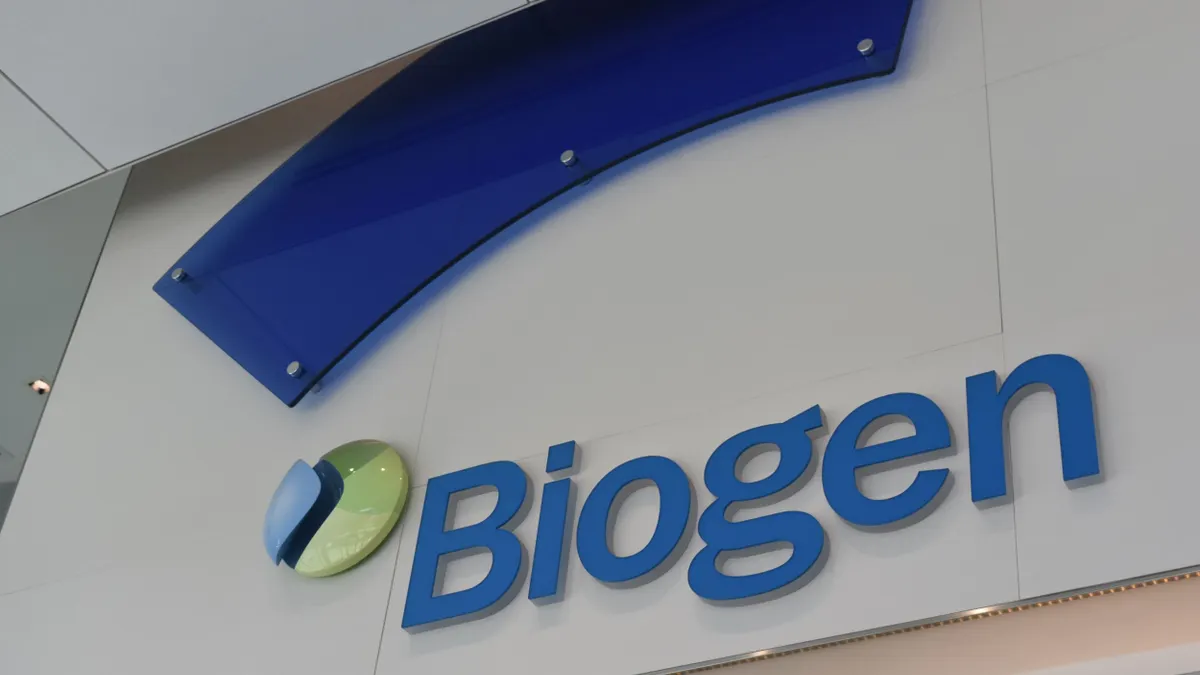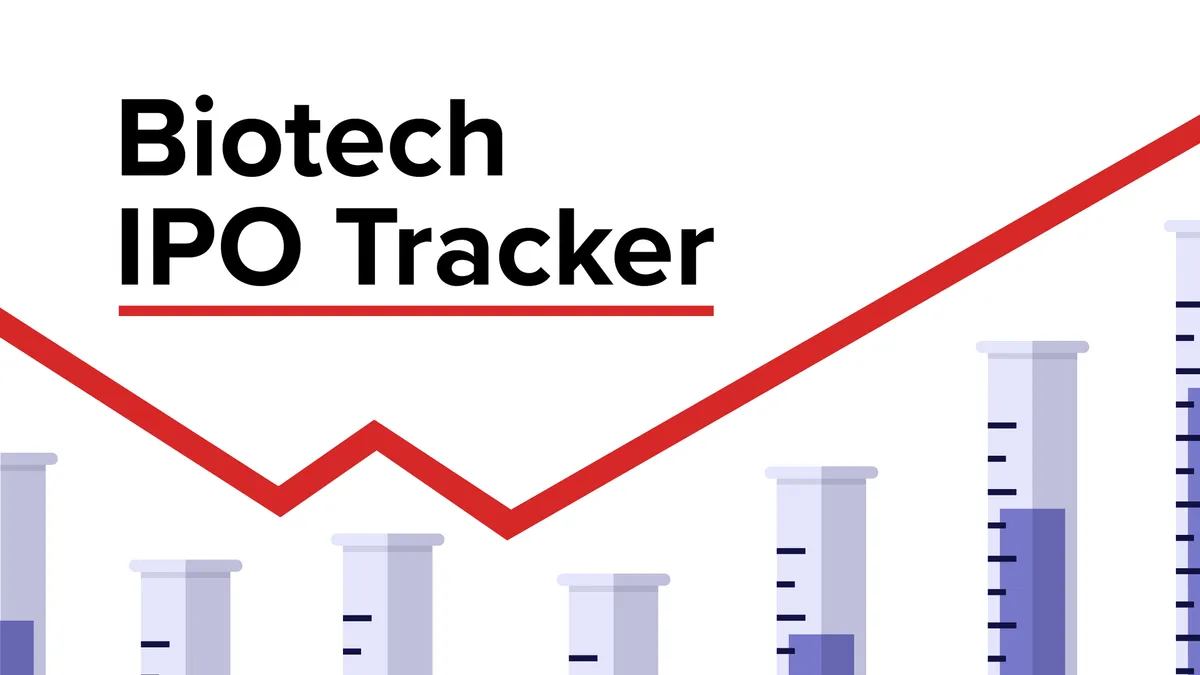On Tuesday morning, Biogen hosted an event for Wall Street analysts to better understand the company. One of the key topics discussed, according to Brian Abrahams of RBC Capital Markets, was business development.
Biogen’s top drugs have been on the decline, and sales from its newest treatment for Alzheimer’s disease have yet to impress some investors. Those challenges have, in turn, put pressure on the company to bring in lucrative medicines through dealmaking.
Abrahams, in a note to clients, wrote that management “clearly appeared to be less vocal” about business development opportunities, and highlighted the progress they’ve made advancing a couple of lupus drugs and an antibody therapy acquired via a recent $1.2 billion acquisition.
Biogen CEO Christopher Viehbacher made similar remarks later on Tuesday during a presentation at the J.P. Morgan Healthcare Conference. “We're not necessarily saying, ‘Hey, wow … we need to go do a deal.’ That's not where we are.”
Viehbacher noted how his company is continually looking for deals that make strategic or financial sense. Another acquisition like that of rare disease specialist Reata Pharmaceuticals, which handed Biogen a marketed therapy called Skyclarys, “would be a nice thing,” he said. Yet promising, late-stage assets like Skyclarys are “really hard to find” and the price at which they sell can be “inhibitory to doing a deal.”
Viehbacher admits he’s instead biased toward smaller deals, for drugs in the early- to mid-point of human testing.
“I see some proposals that we should be prepared to overpay. We're never going to do that, not knowingly anyway,” he said. “I've learned over 35 years you can never actually have enough pipeline, no matter who you are. You should be constantly looking for things.”
Perhaps to that end, Viehbacher just last week sent an unsolicited letter to one of Biogen's partners, Sage Therapeutics, offering to buy the company for a price analysts think is too low to be seriously considered. Biogen and Sage co-developed, and now split profits on, a postpartum depression drug known as Zurzuvae. Sage said its board of directors will “carefully review and evaluate the proposal."
Viehbacher’s approach doesn’t appear to be landing with Biogen’s investors, however. Shares closed Tuesday trading at $143.06 apiece, the stock’s lowest level since 2013.














